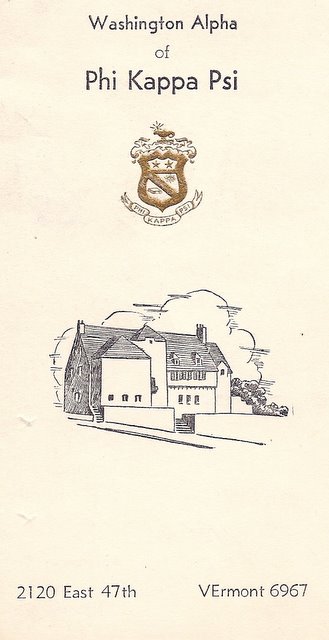

I argue that the Ivy Leaf-importantly, its connections to mobility and stature-is essential to an AKA rite of passage that transforms candidates into both members of AKA and Black women with the physical and mental resilience to face a racialized and gendered world. Specifically, I utilize mixed ethnographic methods of participant observation, semi-structured interviewing, and oral history to investigate how the Ivy Leaf, heeled footwear, and walking are key aspects to developing the Alpha Kappa Alpha identity. Distinctly, this project privileges the everyday embodiments of members within AKA as unique sites of knowledge production for research on Black sisterhood and Black womanhood. However, their work focuses on the sociopolitical and historical legacies of these organizations. Some research has been conducted by scholars like Deborah Whaley, Paula Giddings, Gregory Parks, and Clarenda Phillips on historically Black Greek-letter sororities (BGLS). Over a century later, now with more than 300,000 members, AKA persists as the largest and most global Black women’s organization in the world. Abstract: In 1908, Alpha Kappa Alpha Sorority, Incorporated (AKA) was established for the educational and social uplift of Black women.


 0 kommentar(er)
0 kommentar(er)
